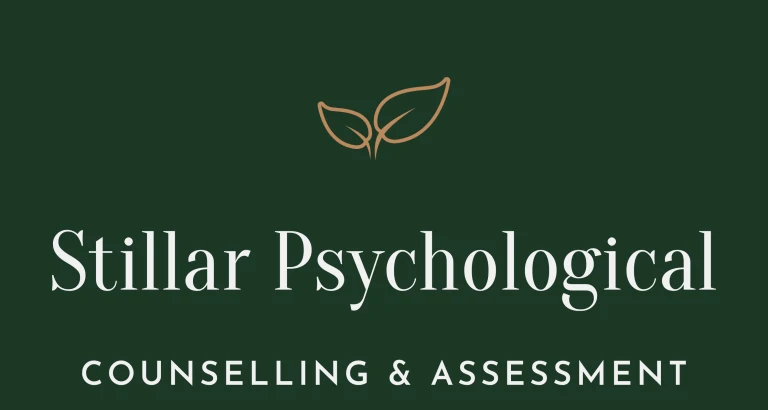The term hope is one that is commonly used in our everyday language yet it’s impact on our well-being is generally less known and understood.
A wealth of research has suggested that hope leads to better health outcomes, a better quality of life, and recovery from illnesses.
How is hope different from optimism? Is there a difference?
While hope and optimism may seem indistinguishable at first, the two actually differ on a fundamental level. Literature in the area has regarded optimism as a cognitive variable and hope as an inherent affective state. Saying this in a different way, optimism has more to do with a person’s ego and their opinion on how much control they have over the things that happen to them. Hope, on the other hand, hope is seen as emotion and with it, carries the ability to motivate our actions and influence our thoughts and behaviors. Stated simply, optimism expects things to go well whereas hope wishes things to go well. (1)
Expecting versus wishing: Which is better?
Expecting good things to happen to us reflects a sense of confidence that helps us with control. Optimism is also a notion of rationality in this way, it takes in external information and formulates a rational estimate of how likely something good is to occur. Someone who scores high on optimism may give a higher estimate than someone who is considerably lower on the optimism scale. With that being said, in the face of chronic illness or severe life events, the degree of freedom with which an individual can operate becomes restricted, perception of control over one’s life which is characteristic of optimism may also be limited. In such cases, the feeling of optimism may quickly turn into helplessness as opportunities for control are taken away from the individual. However, this is perhaps where optimism and hope mark their stark distinction. It may be difficult to be optimistic when feeling helpless, but helplessness could be that which inspires hope, for feelings of helplessness need not be feelings of hopelessness.
Below you will find a few examples where hope has been found to have a positive effect on our well-being and steps you can take to promote hopeful living strategies.
Immune System
In a clinical study conducted by Udelman, 20 participants diagnosed with depression were put under clinical trials involving anti-depressant psychotherapy aimed at instilling hope. The study found that patients who exhibited higher hope were likely to have higher T cell and B cell counts. T cells help with the body in cell regulation and suppression, B cells help produce antibodies that identify and neutralize bacteria and viruses. (2)
In another study, Erickson found in his examination of 50 patients, that the level of hope prior to treatments is a strong predictor of patient success. That is, patients who exhibited higher levels of hope before the treatment tend to improve more significantly during treatment. Additionally, levels of hope were also found to be inversely related to psychiatric morbidity among the individuals receiving treatment. (3)
Aging
Humans are unique because we are future-oriented organisms and with age, these attitudes become more salient over time.
Staats, in her study on the positive effect of hope in a sample of 257 adults found that contrary to popular belief, negative emotion is not correlated with aging and that as people age, individual emphasis on having a quality life and better health is increased. The study found that negative moods and thoughts decrease with age as people become less fixated on past mistakes, denial of past events, and rumination of an unhappy past. Importantly, amongst the other things that showed a positive correlation with aging, hope emerged as one of the strongest correlations indicating hope as a robust measure of well-being. (4)
In another study by Staats on the quality of life and effects in older persons, she found in a sample of 239 older persons with a mean age of 64.2 years that through training individuals to become more hopeful for a possibility of a positive future life, the individual became more empowered to engage in activities directed towards that possibility. Moreover, the results of the study indicated that the hope for a positive future and future qualify of life lays the foundation that fuels the future with increased possibilities and serves as the basis for future actions and intentions. (5)
Promoting Hope
Hope is an important factor of physical and psychological well-being. In his paper on hope renewal, Beetham emphasized the following points necessary to lead a more hopeful life. (6)
– Life has both joys and sorrows.
– Set daily tasks that can be achieved realistically to facilitate confidence and progress towards larger goals.
– To develop empathy for others, learn to see the world from the position of another person and with less preoccupation with yourself.
– Develop a conviction that life has meaning for everyone.
References
1. Scioli, A., Chamberlin, C. M., Samor, C. M., Lapointe, A. B., Campbell, T. L., Macleod, A. R., & McLenon, J. (1997). A prospective study of hope, optimism, and health. Psychological reports, 81(3), 723-733.
2. Udelman, H. D., & Udelman, D. L. (1985). Hope as a factor in remission of illness. Stress Medicine, 1(4), 291-294.
3. Erickson, R. C., Post, R. D., & Paige, A. B. (1975). Hope as a psychiatric variable. Journal of Clinical Psychology, 31(2), 324–330. https://doi.org/10.1002/1097-4679(197504)31:2<324::AID-JCLP2270310236>3.0.CO;2-Q.
4. Staats, S. (1987) Hope: Expected Positive Affect in an Adult Sample, The Journal of Genetic Psychology, 148:3, 357-364, DOI: 10.1080/00221325.1987.9914565
5. Staats, S. (1991). Quality of life and affect in older persons: Hope, time frames, and training effects. Current psychology, 10(1-2), 21-30.
6. Beetham Jr, W. P. (1968). The renewal of hope in chronic illness. Lahey Clinic Foundation Bulletin, 17(4), 159-163





















